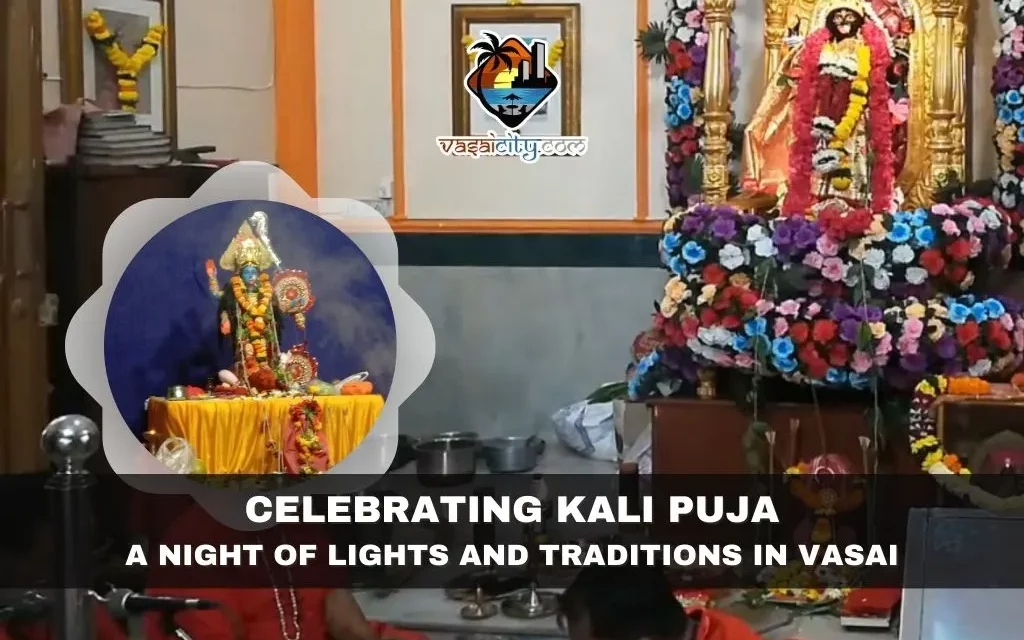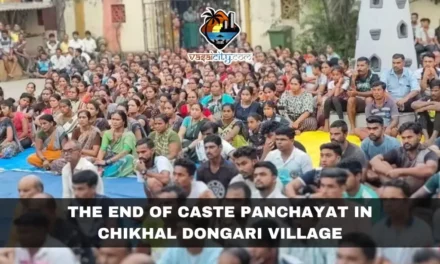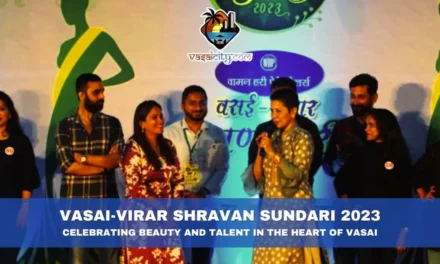Vasai, Maharashtra: As the Diwali weekend approaches, the Bengali community in Vasai is gearing up for the annual Kali Puja, a night of festive rituals and celebrations. The event, hosted by Kalpataru and held at the Swami Narayan Mandir in Vasai, promises a blend of tradition, spirituality, and community bonding.
Shekhar Ghosal, the President of Kalpataru -Vasai, shared some insights into the upcoming Kali Puja festivities. He explained, “Kali Puja is a beautiful tradition that unfolds late at night, beginning around 9.30 pm on Kartik Amavasya and continuing into the wee hours. The rituals include Pushpanjali at 12.30 am, followed by bhog aarti. The heartwarming Bengali bhog prasad, featuring khichdi, labda, and payesh, will be distributed at 1.30 am once the ceremony concludes.”
Highlighting the significance of Kali Puja, Ghosal said, “This celebration symbolizes the triumph of light over darkness, good over evil, and knowledge over ignorance. It’s a night where devotees come together to worship Goddess Kali, offering her favorite red hibiscus flowers. The Mahaprasad, a special meal, is organized at midnight. The rituals commence with ghatsthapna, followed by pushpanjali and the illumination of 108 diyas before the goddess. After the aarti, we present bhog to Kali Ma, and the puja concludes with a havan.”
Two days before Kali Puja, the Bassein Bengal Club added to the festivities by installing a new idol of the goddess at its Kali Mandir in Vasai. The idol, sourced from Kolkata, replaced the old one that had been in worship since 1996. Mrinal Guha, the club’s spokesperson, explained, “The decision to change the idol was made as the old one had worn out. To mark the occasion, a priest from the Ramakrishna Mission officiated at the installation ceremony at 11.00 am.”
The Kali Puja celebrations go beyond religious rituals; they are a testament to the cultural richness and unity within the Bengali community. The use of traditional practices, such as the immersion of the old idol and the installation of a new one, adds a sense of continuity to the celebrations.
Vasai comes alive with the vibrant colors of Bengali traditions during this time. The pandals, previously dedicated to Durga Puja, transform into spaces that resonate with the spirit of Kali Puja. The Swami Narayan Mandir, where the Kalpataru event takes place, becomes a focal point for the community, drawing people from all walks of life.
In conclusion, the Kali Puja celebrations in Vasai promise to be a night of spirituality, tradition, and community bonding.










What a beautifully written piece! It captures the spirit and devotion of Kali Puja so well. Reading this felt like walking through the celebrations — the lights, the chants, and the community spirit. Kudos to the team for preserving and promoting such vibrant cultural moments in Vasai. 🙏